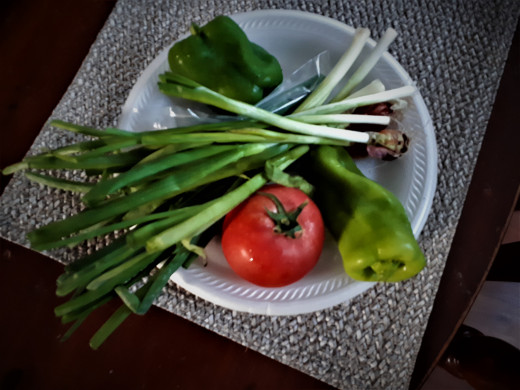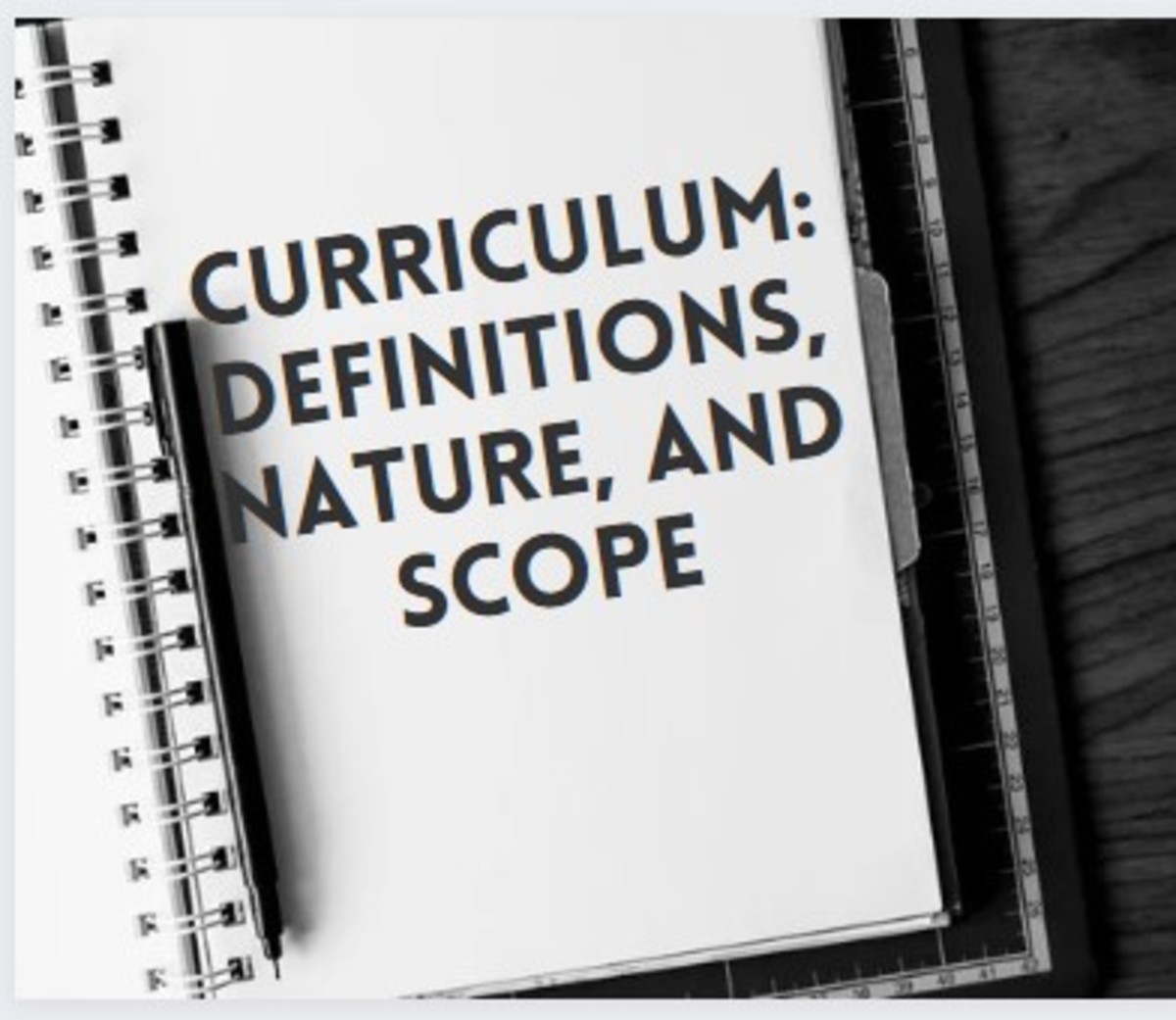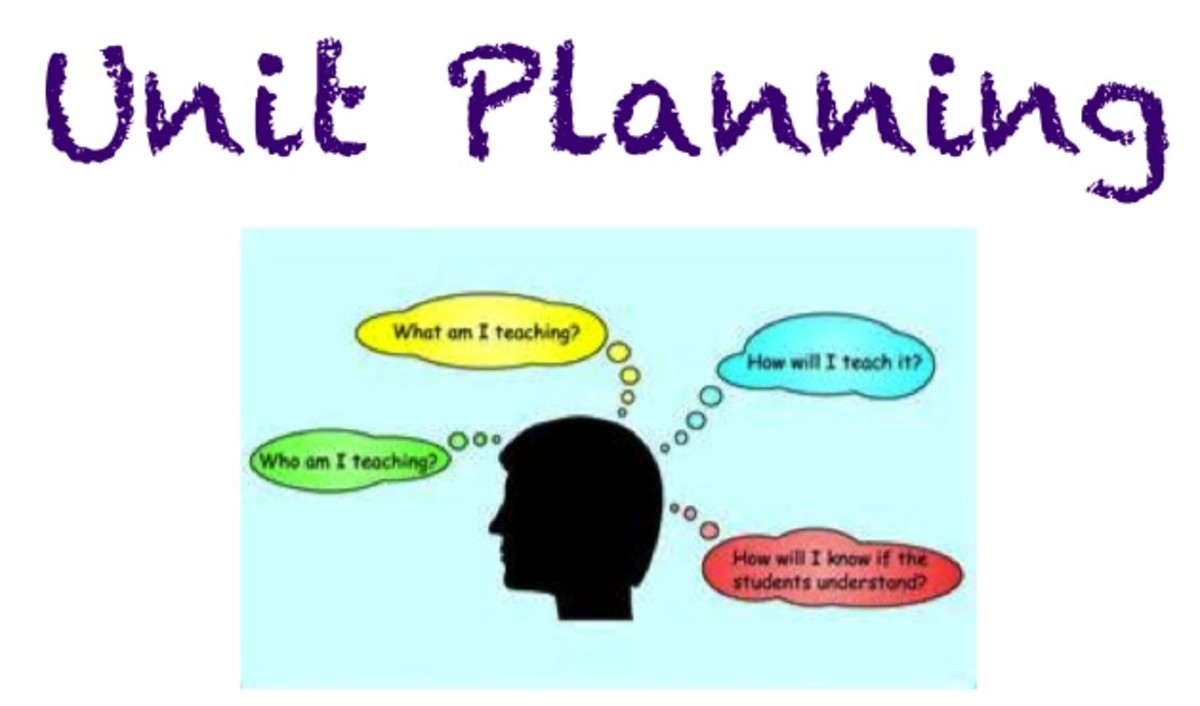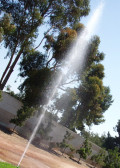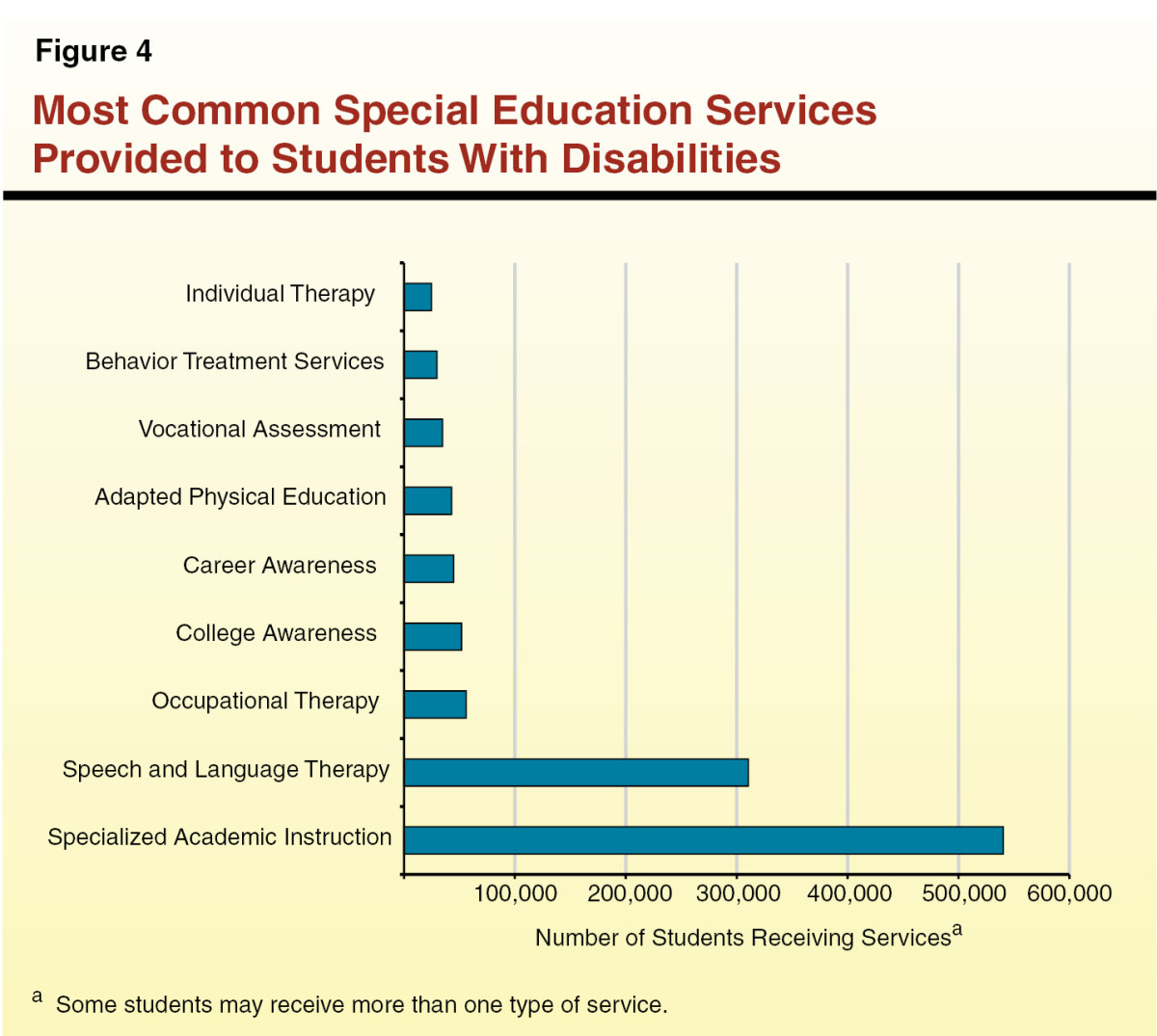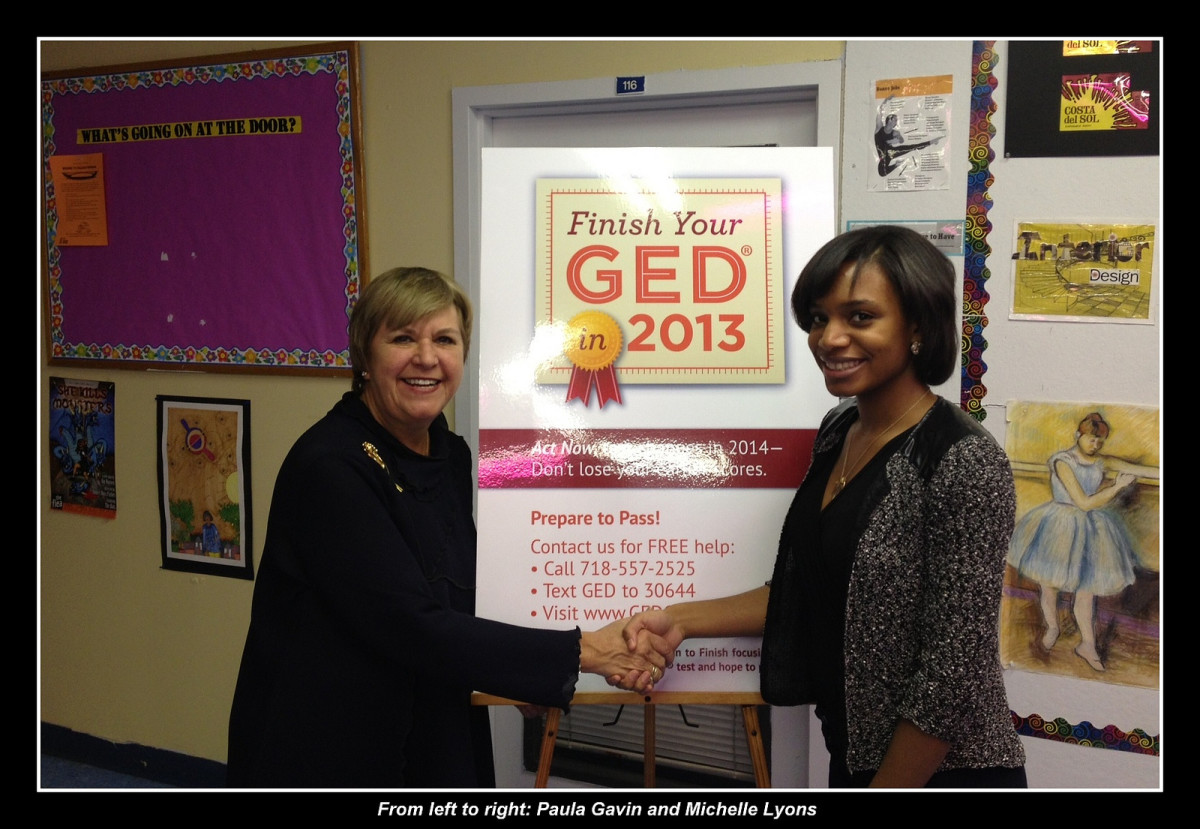The Literacy Garden
The Literacy Garden
The Western Sydney Institute, Blacktown College provides evidence for my belief that gardening can be a great educational tool. The College was recently awarded first place in the Sustainable Garden Competition for its vegetable garden.
The garden was established and is maintained by new immigrant students as part of their educational program.
“Not only have the gardening practices used at Blacktown College been recognized as the best possible practice in sustainable gardening, but the garden has also been built and maintained by migrant students, many of whom are refugees from war-torn countries,” said Ms Susan Hartigan, Institute Director. The garden is a great success because it works on more than just the environmental and educational levels.
“The students have also been learning English through gardening. It’s been incorporated into the English language educational program at Blacktown College. It’s a great example of the College’s organizing its approach to best suit the community.
Now this particular garden is working with people who have immigrated to a country in this case Australia and it is quite possible that a similar program would be capable of success in other countries as well.
There are also excellent examples of gardens working with children as a form of active learning and encouraging them to become engaged in the learning process. It is through this active and ongoing engagement that we can not only build a literate population but one that takes interest in what is going in the immediate and distant community. It can all begin in the garden.
Now let’s go back to the beginning how can a garden help with an adult literacy program. The successful creation of a thriving garden involves a number of skills. Many adults, despite the fact that they cannot read, have a wide range of skills.
I worked some years back as a volunteer literacy tutor and was amazed at what some of the people who I helped learn to read could do.
It is feasible that we can combine the skills that people have with their desire to learn to read and do so while building and maintaining a garden.
People learn best, through an active process, that is by doing, and in the case of the garden, the first lessons could begin with the design of the garden plan. The first step could be determining what they gardeners want to grow and drawing on seed catalogues to form the basis of a reading lesson. Seed packets can also be included as they contain information that the gardeners need.
However, before we begin designing lesson plans, there are a few things that are even more essential. One is the land. Where will the garden be located?
There are some possible options; a church may be willing to allow the use of some of its property for this [purpose, or perhaps a school or community centre?
The municipality may have available land or if there is a literacy organization they may have land.
The teaching could be handled by master or other experienced gardeners working with literacy tutors to develop the lesson plans.
How does the process of creating a literacy garden begin? Well, as with most projects, you will need to assess your resources. For example, is there a master gardeners group where you live? Is there a literacy organization? If the answer is yes, you may want to contact these two organizations in order to determine their interest.
If you are a gardener and feel comfortable with your ability to share your knowledge with others then you may want to team up with a teacher or literacy worker and get a few ideas down on paper; keep it simple what you are looking for is a discussion paper, something to get people giving some serious thought to the idea of a literacy garden.
Share your idea with others, municipal politicians, church leaders, teachers, community centres, and food banks, for example; compile a list of possible organization and individuals who might be interested and send them your initial document.
Ask for feedback, review what you get and incorporate what is useful in a revised document.
The prime reason for putting your plan into words is to help you focus your thoughts into a concrete goal, one that you can readily share with anyone who may be interested in taking part in the development of a literacy garden.
When you decide to engage in this process be prepared to take criticism, consider it as a means to hone your plan and to enhance your ability to clearly sate what it is you are doing. Do not get angry or at least let your anger show, you are seeking allies not enemies, if someone is not interested than say thank you for your time and move on.
What you are doing when you share your plan with others is planting the seeds of an idea, further conversations will nourish those seeds but it will take time for them to germinate so be patient.
The starting of a literacy garden is not all that different than the beginning of a community garden, the steps are similar. You are looking to bring together people who are willing to grow their own food or flowers but who want to improve their ability to read first.
Learning how to garden and the act of gardening itself is a hands-on activity and the success of growing a tomato or a sunflower can nurture the confidence that people may require to learn how to read a newspaper. It all begins with taking the first small step, making a commitment with yourself to set out on the path that takes you to the garden.
Then you assess your resources; see what skills and tools you bring to the plan compare that with what you need and start the search for the people who can provide the project with what it needs.
Identify any gardening clubs, community centres and literacy programs that may already exist and start to plant the project’s seeds there.
Learning in the Garden
